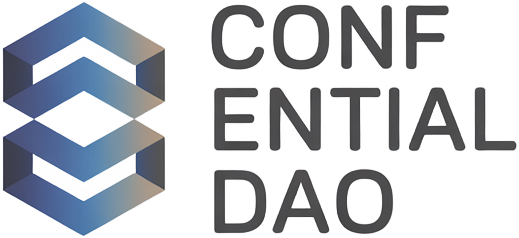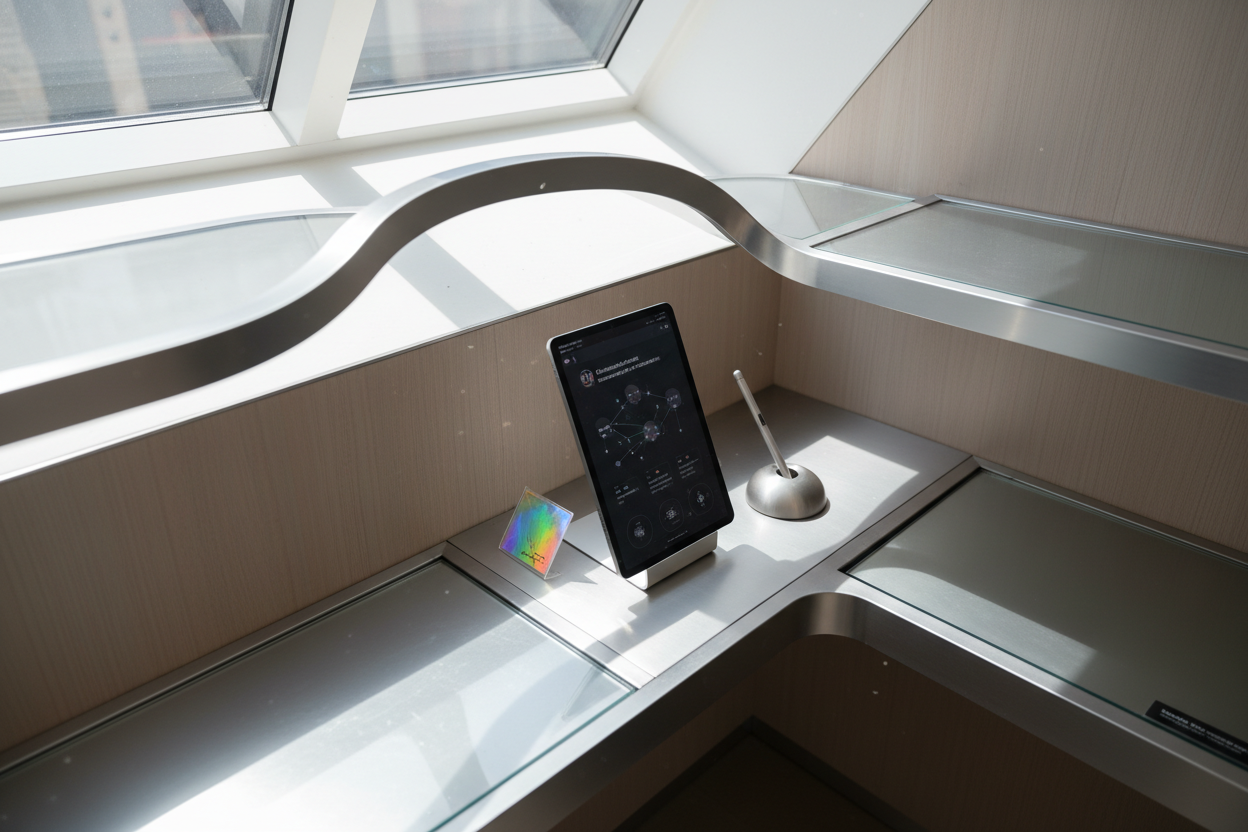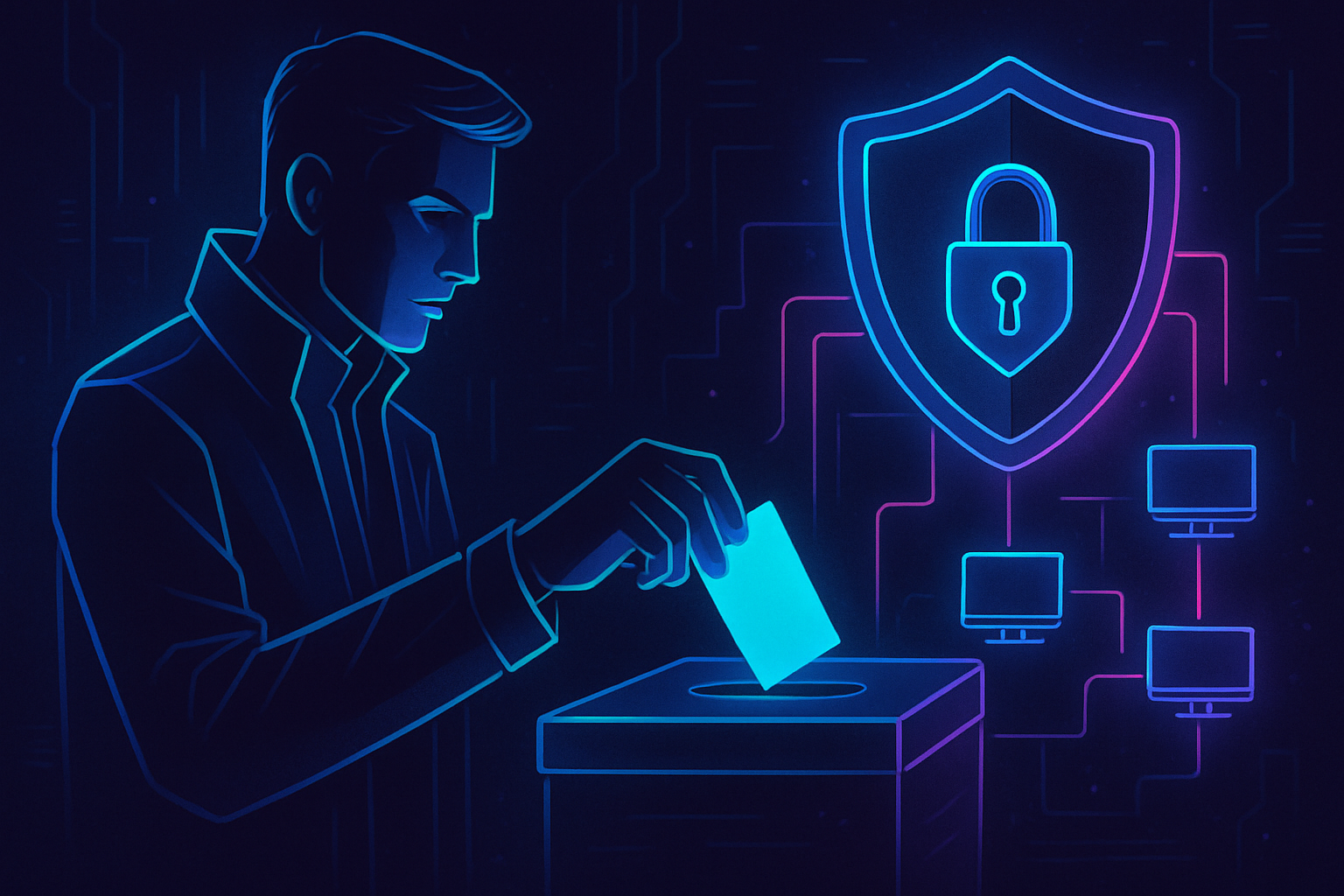
Confidential voting is rapidly becoming a cornerstone of secure DAO decision making, as decentralized organizations confront the inherent risks of open, transparent voting systems. By encrypting individual votes and revealing them only after the voting period concludes, shielded voting mechanisms are redefining how DAOs approach governance security and privacy.

Why Privacy Matters in DAO Governance
The promise of decentralized governance hinges on the principle that every member’s vote should carry equal weight, free from external pressure or manipulation. However, traditional on-chain voting exposes individual choices in real time, introducing several vulnerabilities:
- Herd mentality: Members may follow majority trends rather than their convictions.
- Strategic last-minute voting by whales: Large stakeholders can sway outcomes by waiting until the end.
- Voter apathy: If results appear predetermined, participation drops.
Confidential DAO voting addresses these issues head-on. By concealing votes until the process ends, it encourages honest participation and shields voters from undue influence. As detailed by Oasis Protocol, platforms like Oasis provide essential privacy features that enable confidential transactions and voting to secure Web3 community governance (source).
The Mechanics of Shielded Voting: How It Works
Shielded or confidential voting leverages advanced cryptographic techniques to keep each vote private during the active period. Only after all votes are cast does the system decrypt and tally results. This approach is gaining traction across major DAO platforms:
Key Benefits of Shielded DAO Voting
-
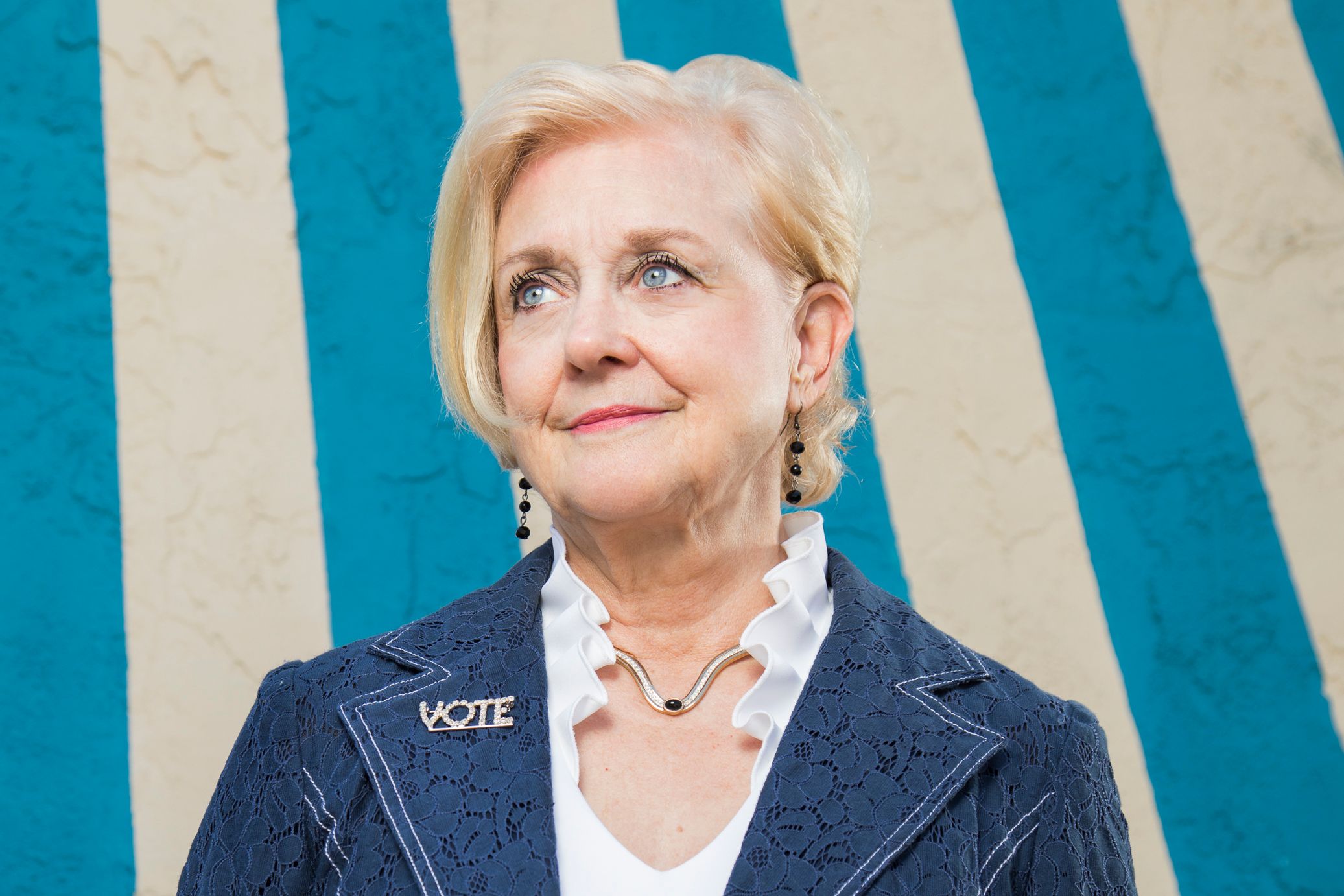
Mitigates Herd Mentality: By keeping votes confidential until the voting period ends, shielded voting prevents members from being influenced by majority trends, encouraging independent and honest decision-making.
-
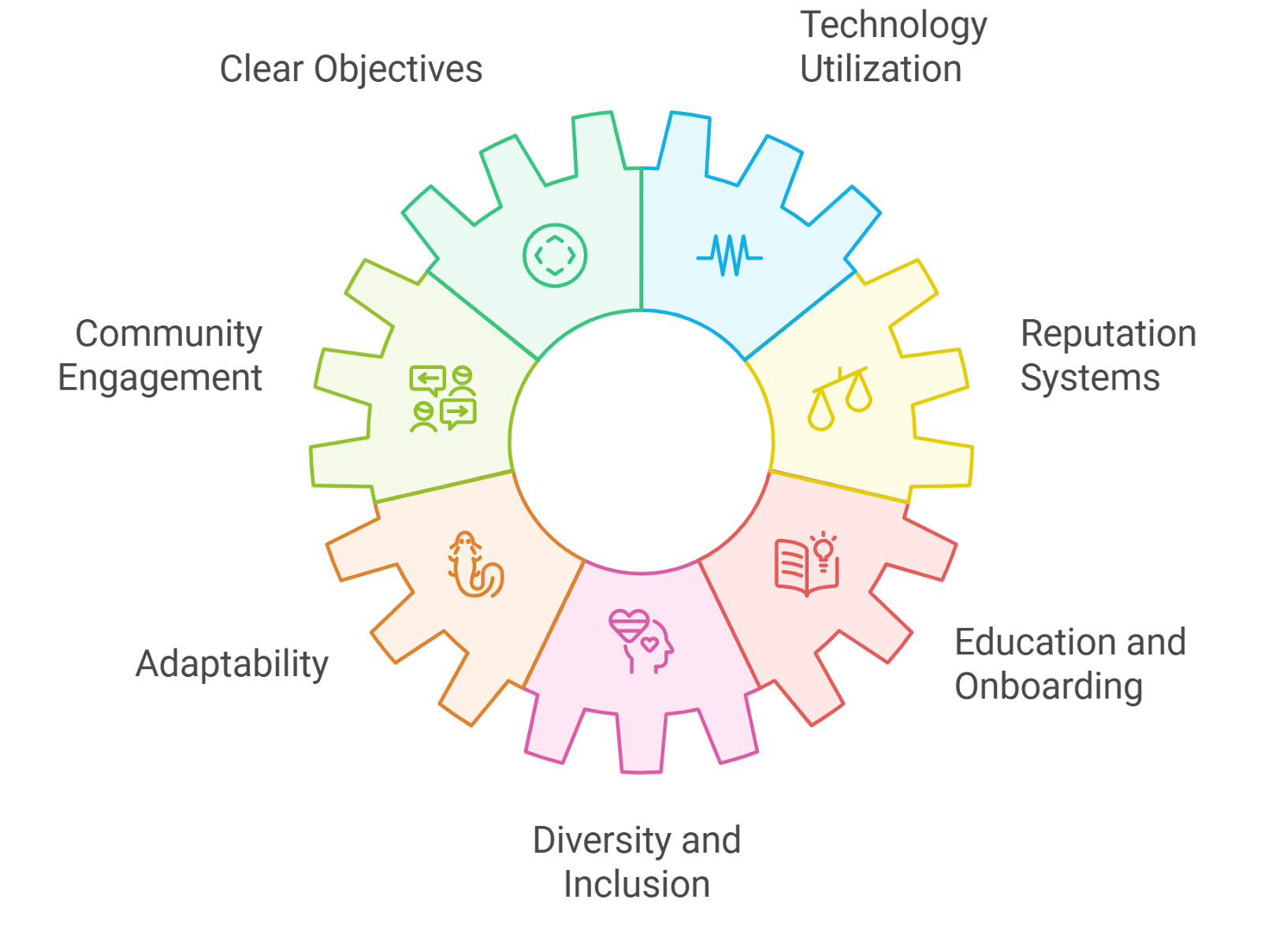
Reduces Voter Apathy: Concealing interim vote counts ensures each participant feels their vote matters, which can boost engagement and participation rates within the DAO.
-

Prevents Last-Minute Manipulation: Shielded voting eliminates the ability for large stakeholders to strategically cast votes at the last moment, ensuring a fairer and more transparent process.
-
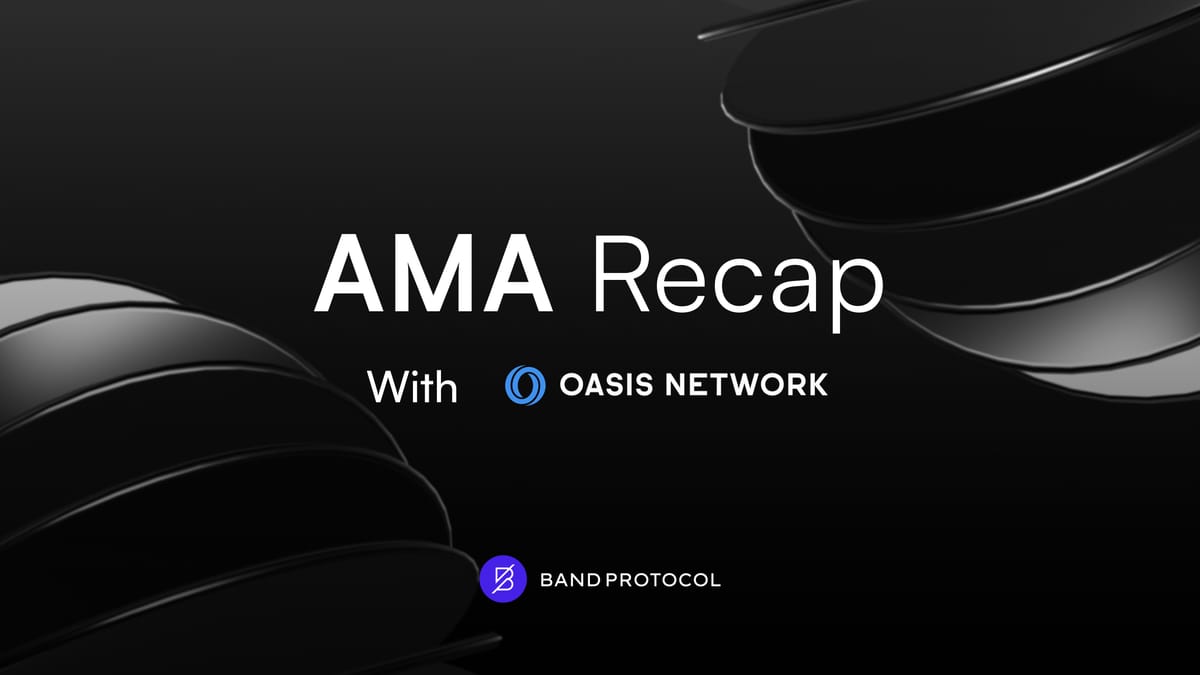
Enhances Security with Advanced Cryptography: Platforms like Oasis Protocol and Shutter Network use cryptographic techniques such as homomorphic encryption to protect vote privacy and integrity.
-
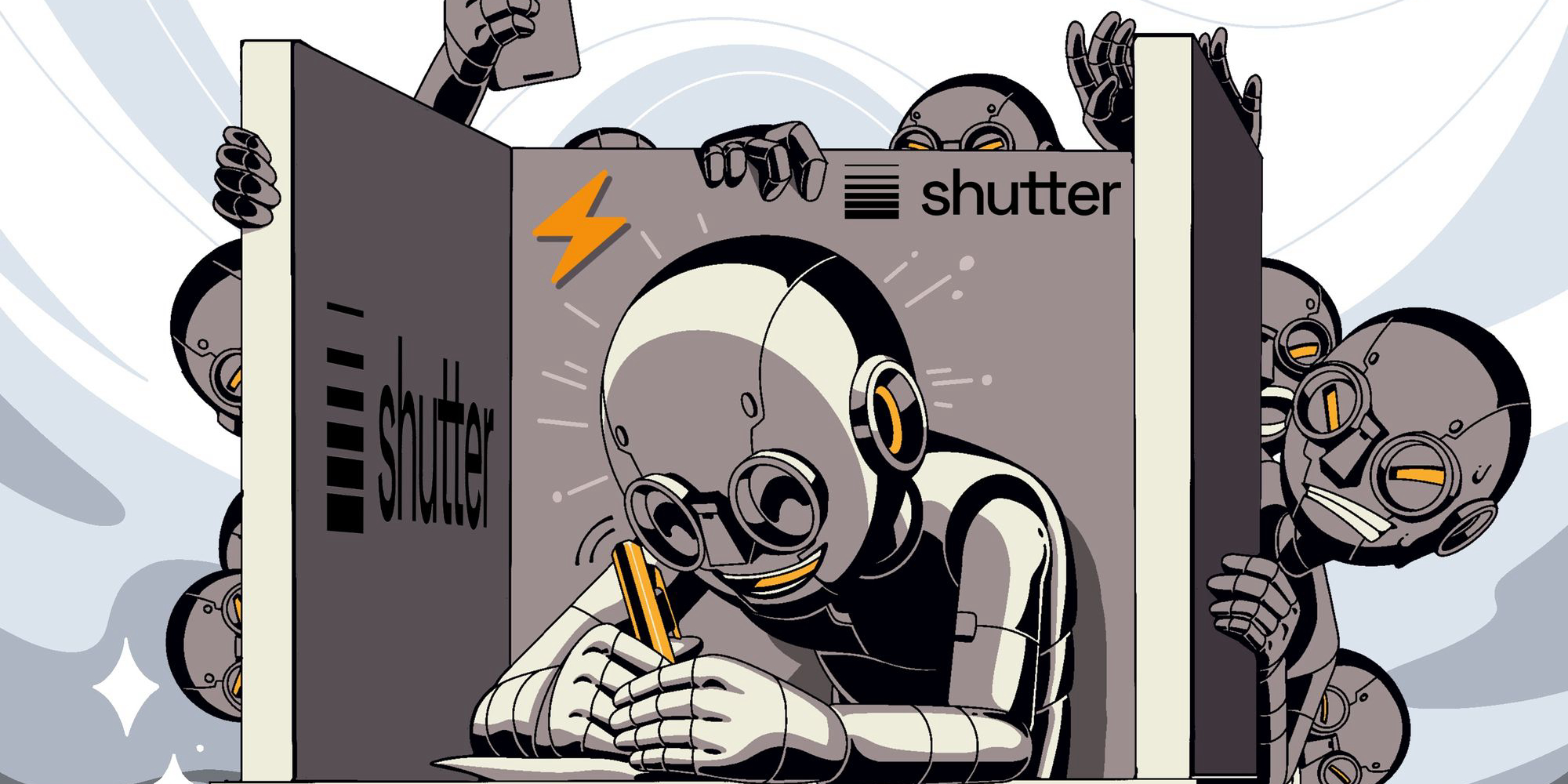
Restores Trust and Confidence in Governance: Solutions like Snapshot and Shutter Network offer shielded voting features that help DAOs foster a more trustworthy and democratic governance environment.
Homomorphic encryption is one such technology enabling computations on encrypted votes without revealing their content during tallying. Projects like Zama have showcased how this cryptography can be integrated into DAOs for robust privacy (source). Similarly, Shutter Network’s roadmap includes permanent shielded voting options for DAOs, ensuring that privacy persists before, during, and after governance decisions (source).
Tangible Security Gains for Private DAO Governance
The implications of confidential DAO voting extend beyond theoretical improvements. In practice:
- Mitigating herd mentality: Voters cannot see interim results or majority trends, reducing peer pressure.
- Reducing voter apathy: With no visible outcome until final tallying, each vote feels impactful, driving higher turnout.
- Preventing manipulation: Whales lose the ability to strategically time their votes since all submissions remain undisclosed until closure.
This shift is critical as confidence in open DAO governance has declined due to transparency-driven vulnerabilities (source). By adopting decentralized voting privacy measures such as those offered by Snapshot or Shutter API’s shielded voting integrations, DAOs can rebuild trust while ensuring that sensitive governance matters remain protected from prying eyes.
Confidential DAO voting is not just about privacy for its own sake. It fundamentally improves the integrity and quality of governance outcomes. By shielding individual votes, DAOs protect members from retaliation or social pressure, which is especially vital when proposals are contentious or involve sensitive organizational changes. This creates an environment where participants are empowered to act in the best interests of the collective, rather than out of fear or obligation.
Adoption Trends and Real-World Implementations
The shift toward confidential voting is visible across leading DAO ecosystems. For example, Decent DAO’s integration of Shutter API’s shielded voting has been pivotal in restoring faith among community members disillusioned by public vote manipulation (source). Similarly, NounsDAO’s private voting system, recently updated on Aztec Network, demonstrates tangible advancements in secure, anonymous on-chain decision making. These implementations signal a broader industry move toward confidential governance as a baseline expectation rather than a luxury.
DAOs Leveraging Confidential or Shielded Voting
-

NounsDAO has implemented private voting using Aztec Network technology, enabling members to cast votes anonymously and securely. This enhances voter privacy and reduces susceptibility to social influence during governance decisions.
-

Decent DAO integrates Shutter Network’s Shielded Voting API, providing confidential, verifiable voting for its community. This approach ensures that votes remain encrypted until the voting period ends, promoting fair and honest participation.
-
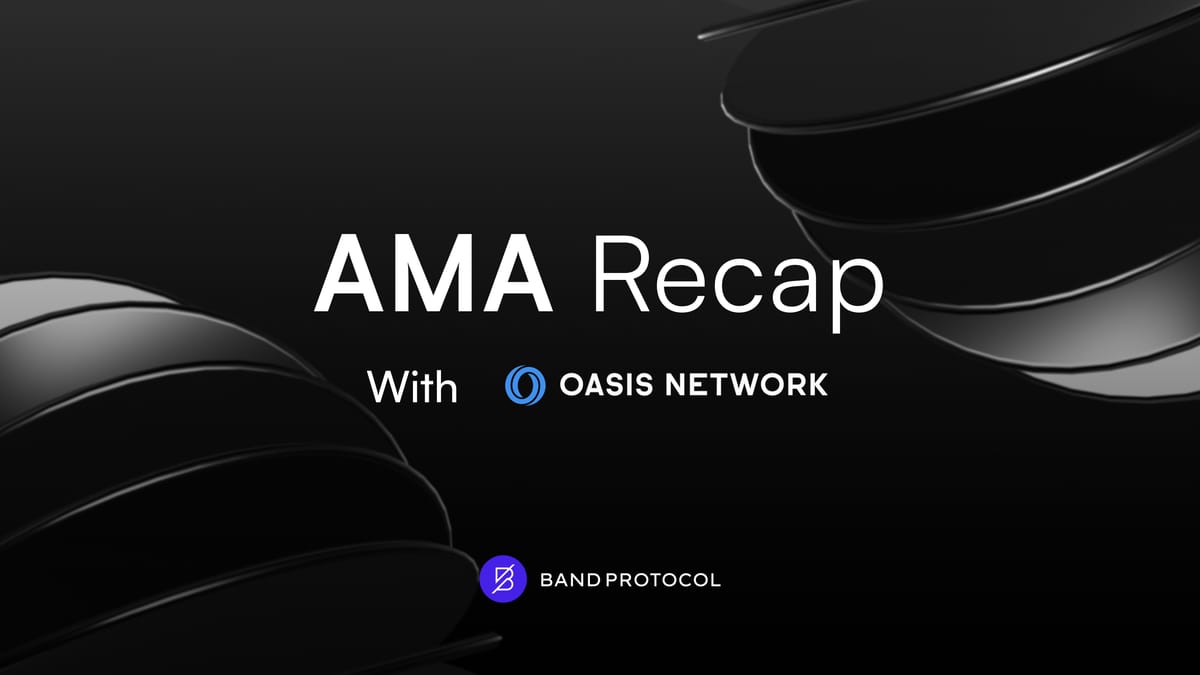
Oasis Protocol powers Confidential DAO Voting with privacy-preserving features, allowing DAOs to conduct secure, shielded on-chain governance. This mechanism protects voter anonymity and mitigates manipulation risks.
-
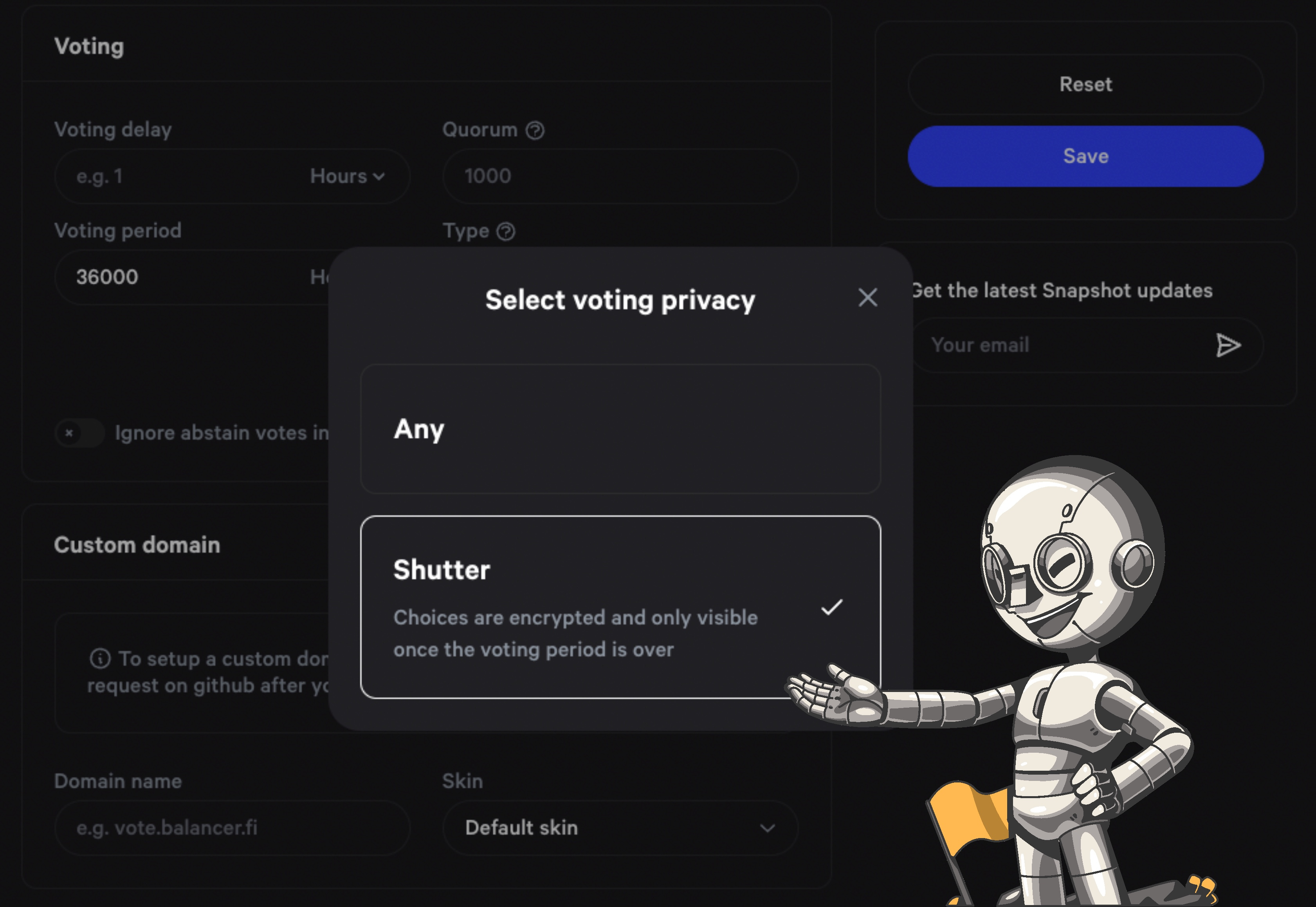
Snapshot, a leading DAO voting platform, offers a shielded voting feature that enables DAOs to keep votes confidential until the end of the voting period. This is widely adopted by various DAOs seeking enhanced governance security.
-
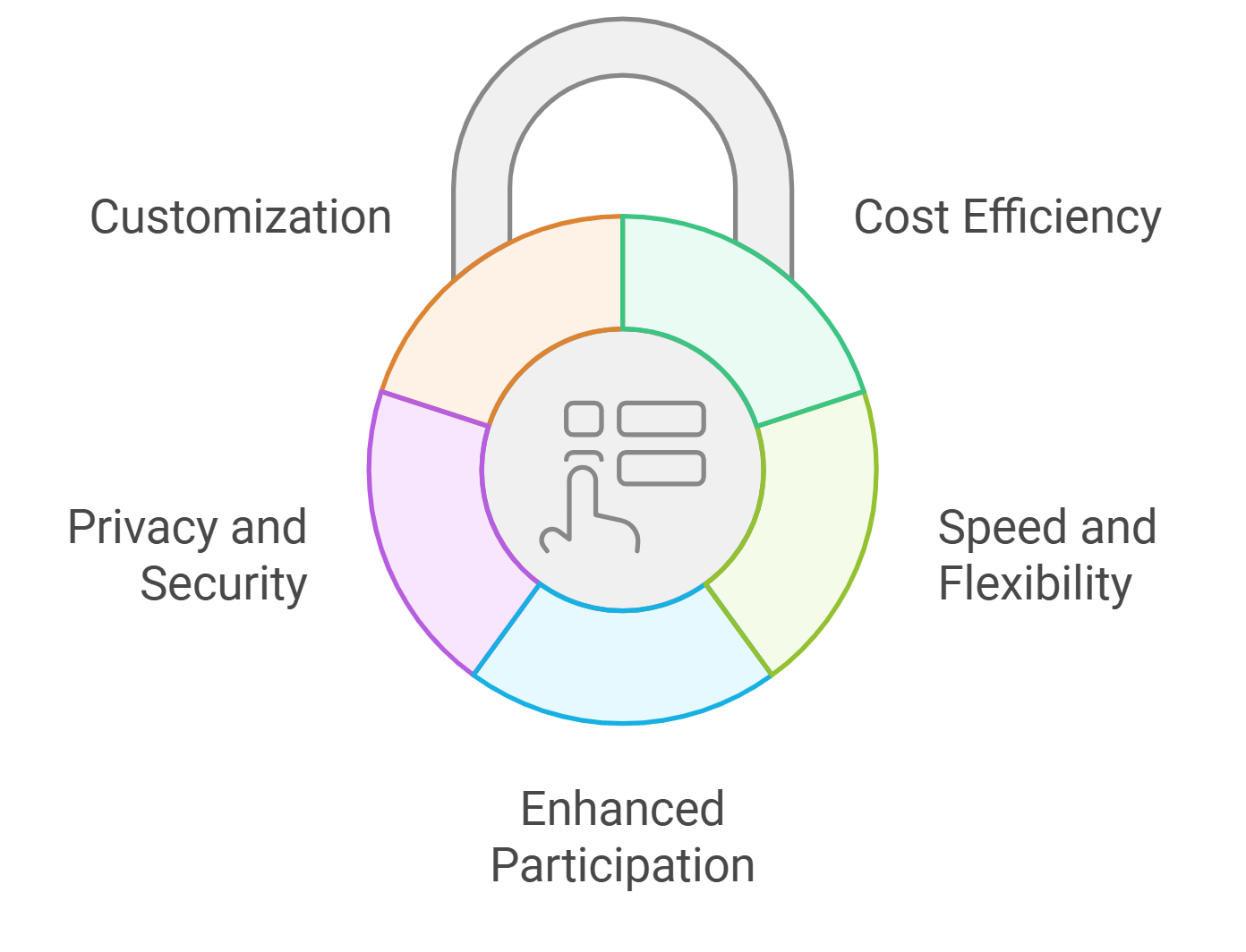
Confidential DAO is a next-generation governance platform designed specifically for private, on-chain DAO voting. It employs advanced cryptographic techniques to ensure vote confidentiality and integrity.
Technical innovation continues apace. Homomorphic encryption allows for vote tallying without ever exposing individual choices, while zero-knowledge proofs (ZKPs) ensure that votes are counted correctly without revealing who voted for what. The result is verifiable yet private elections, an ideal balance between transparency and confidentiality.
Challenges and Considerations for Secure DAO Decision Making
Despite its advantages, implementing confidential voting in DAOs presents unique challenges. Cryptographic solutions can introduce additional complexity and computational costs. Ensuring usability for non-technical participants remains an ongoing concern; if privacy tools are cumbersome, participation could suffer rather than improve.
Moreover, while shielded voting addresses many vulnerabilities associated with open governance, it does not eliminate all risks. Sophisticated actors may still attempt to influence outcomes through off-chain coordination or coercion. Continuous education around governance best practices and robust community moderation remain essential complements to technical privacy solutions.
Looking Ahead: The Future of Decentralized Voting Privacy
The momentum behind private DAO governance is unmistakable. As more organizations adopt shielded voting protocols, and as cryptographic primitives become more accessible, the standard for decentralized governance will shift toward greater security and inclusivity. Projects like Oasis Protocol continue to advance the field by offering modular privacy features that can be tailored to each community’s needs (source).
The evolution of decentralized voting privacy represents a necessary maturation of the Web3 ecosystem. By prioritizing both transparency (in aggregate results) and individual confidentiality (in voter choices), DAOs can unlock more honest participation, fairer outcomes, and ultimately more resilient forms of collective decision making.
